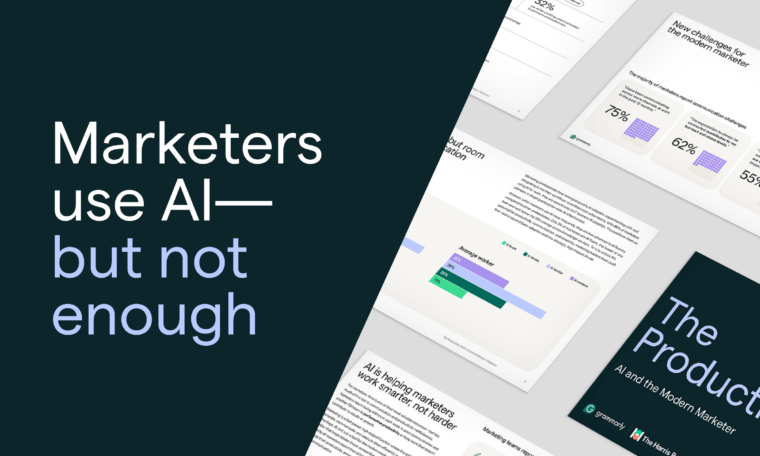While using AI in the enterprise has become increasingly commonplace, integrating it effectively while minimizing risks can pose a challenge. For functional leaders, it’s crucial to understand how to incorporate AI into your team’s operations. When responsible AI principles guide your approach, you can ensure that the AI your teams use is both effective and ethical. Here’s how leaders in various functions—customer experience, marketing, IT, and sales—should consider integrating AI responsibly:
Customer experience
When CX teams leverage AI, they must strike a balance between technology and the human touch. The following key principles highlight the importance of human intervention and transparency when creating a meaningful and trustworthy customer experience.
- Keep humans in the loop: Human oversight helps ensure the AI performs as expected and meets customer needs. Oversight can mean looking at high-level metrics both in AI performance and customer satisfaction, as well as actually having a human in the interaction, such as a customer support agent collaborating with AI to send customer communications.
- Prioritize transparency: Being open about how AI is utilized in customer interactions builds trust. Communicate clearly with your customers regarding data usage, the AI decision-making processes in play, and the measures in place to safeguard their information.
Marketing
For marketing teams, responsible AI usage is crucial in minimizing brand risk and ensuring that AI-generated content aligns with your company’s values and messaging. By effectively harnessing AI, you can enhance your brand’s reputation while maintaining integrity. Here are two essential practices to consider for leveraging AI while protecting your brand:
- Choose your vendors wisely: Select AI vendors that provide customization options to ensure that your team’s marketing materials match your brand’s tone and style—all while keeping your company data safe. This alignment will improve brand compliance and ensure secure and responsible AI use
- Maintain a growth mindset: Marketers are no strangers to working at a rapid pace. Stay updated on the latest AI technologies, ethical considerations, and best practices. By fostering a culture of continuous learning, your team will be better equipped to leverage AI in informed and responsible ways.
IT
For IT leaders evaluating AI tools for their organization, it is essential to meet a high bar for both security and compliance. Companies can address these requirements independently or collaborate with an AI vendor. Companies like Grammarly provide education, controls, and comprehensive assessment processes, allowing IT teams to avoid building these resources from scratch.
- Provide user education: Provide employees with training on interpreting AI recommendations, recognizing its limitations, and understanding when human oversight is crucial. An AI-literate workforce is better suited to navigate potential pitfalls.
- Empower employees with personalized controls: Give users the ability to customize AI settings according to their preferences, including options for personalized recommendations and data-sharing constraints. Empowering users fosters a sense of control and responsibility.
- Regularly assess risk: Implement a robust risk assessment framework when evaluating new AI products. This process ensures that potential risks are identified and managed effectively before adopting any technology.
Sales
While AI can provide valuable insights and enhance operations for sales teams, it is essential to implement practices that mitigate business risks and safeguard the integrity of your customer relationships. Here are some key considerations:
- Commit to ethical standards: Ensure that AI-driven insights do not lead to aggressive sales tactics or spread misleading information. Establish a code of ethics that guides all AI usage in sales and protects your brand reputation.
- Assess impact regularly: Continuously evaluate how AI is influencing the sales process and relationships with customers. Gather both quantitative data and qualitative feedback to ensure that AI enhances, rather than detracts from, the customer experience.
- Maintain human judgment: Establish protocols that define when and how sales teams should validate AI-driven suggestions. Human judgment plays a crucial role in ensuring that decisions made through AI meet ethical standards and adds to an authentic/genuine sales experience.
Responsible AI can transform how functional leaders approach customer interactions, marketing strategies, IT implementations, and sales processes. Committing to responsible AI takes time, and seeking vendors who can support this work is essential. Ideal vendors should demonstrate a strong focus on customization, transparency, user agency, and return on investment. This alignment fosters trust with stakeholders and drives operational success, ultimately paving the way for a more ethical and effective approach to business in an increasingly complex environment.



